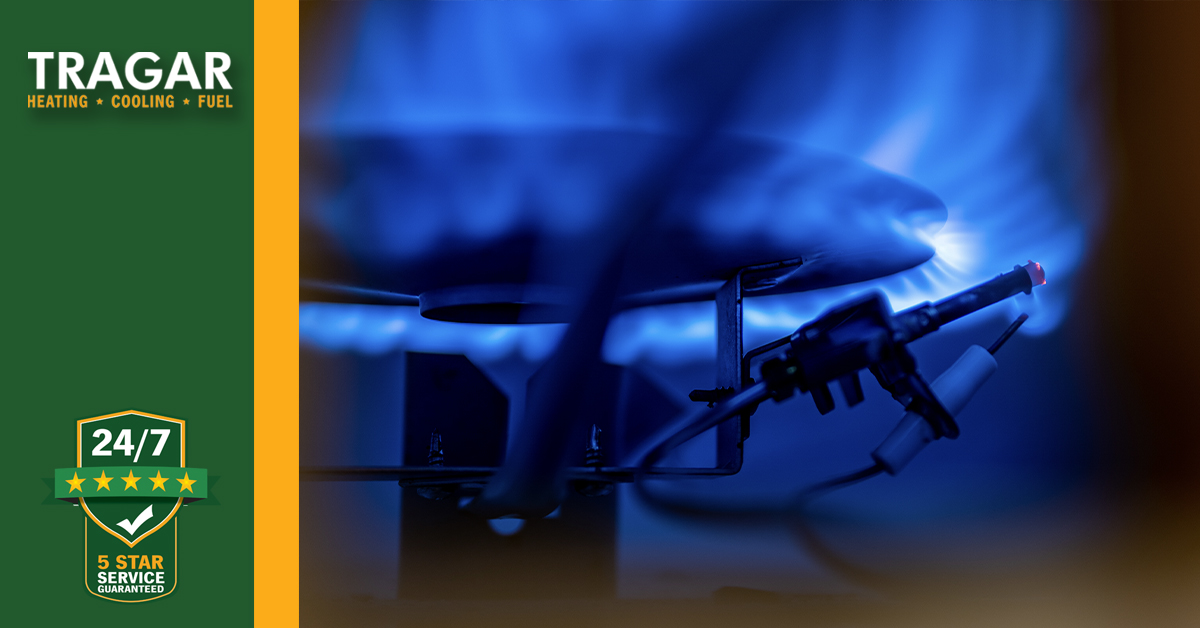 While this winter on Long Island has not gotten as freezing out as it had in some years past, it is still undeniably cold. We’ll all be utilizing plenty of heating in our homes and want to have that peace of mind that our HVAC systems will run smoothly and efficiently.
While this winter on Long Island has not gotten as freezing out as it had in some years past, it is still undeniably cold. We’ll all be utilizing plenty of heating in our homes and want to have that peace of mind that our HVAC systems will run smoothly and efficiently.
Unlike many other parts of the country, Long Island relies heavily on heating oil and less so on natural gas overall. Though natural gas conversions have increased in recent years.
If you’re using gas power, you may be utilizing a pilot light. Additionally, many Long Island homes are older and may still be using older model oil furnaces and boilers to provide home heating. In those instances, your heating systems may be operating with pilot lights as well.
Pilot lights do go out sometimes, however, which leads to inoperable home heating. So, what causes pilot lights to go out?
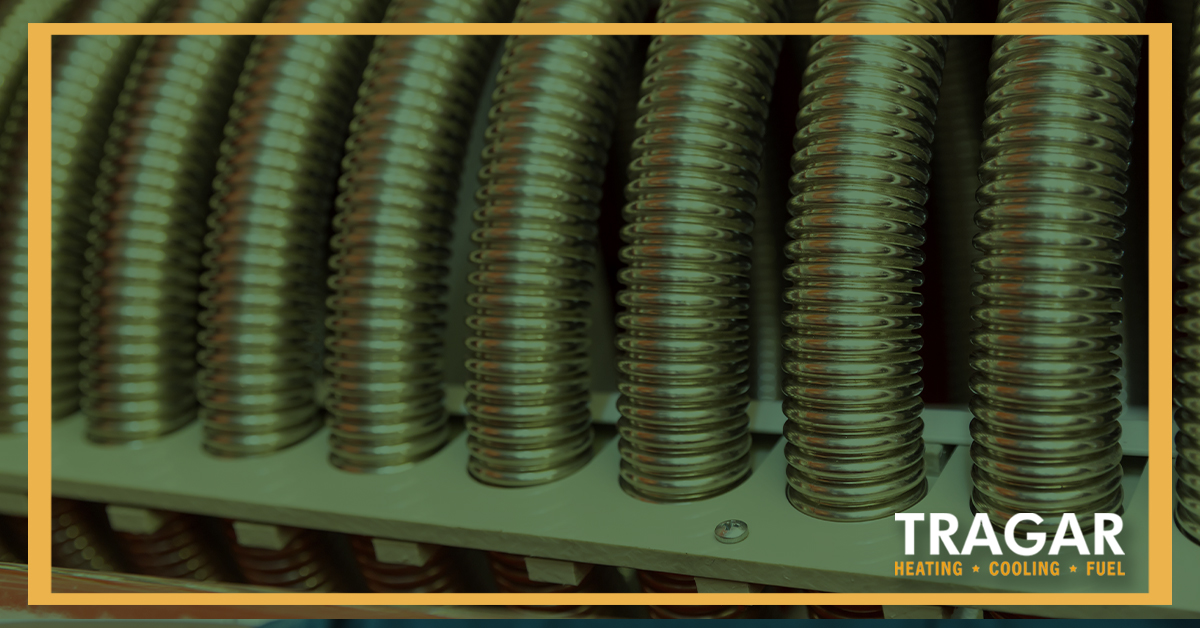 Within your HVAC system, the heat exchanger is the component that transfers heat from one medium to another. It is vital for keeping your home the temperature and comfort level you require. Recognizing the signs of an old or damaged system can often save you on
Within your HVAC system, the heat exchanger is the component that transfers heat from one medium to another. It is vital for keeping your home the temperature and comfort level you require. Recognizing the signs of an old or damaged system can often save you on 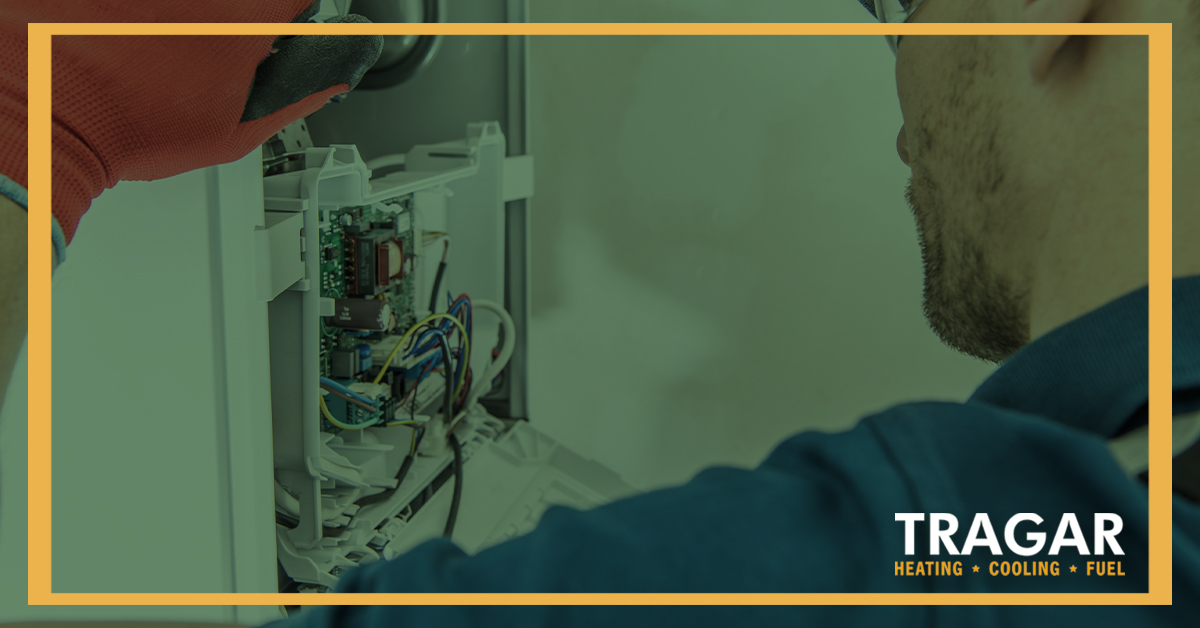 During the winter season, we’d all rather be listening for sleigh bells in the snow instead of strange sounds coming from
During the winter season, we’d all rather be listening for sleigh bells in the snow instead of strange sounds coming from  A heat pump is an
A heat pump is an 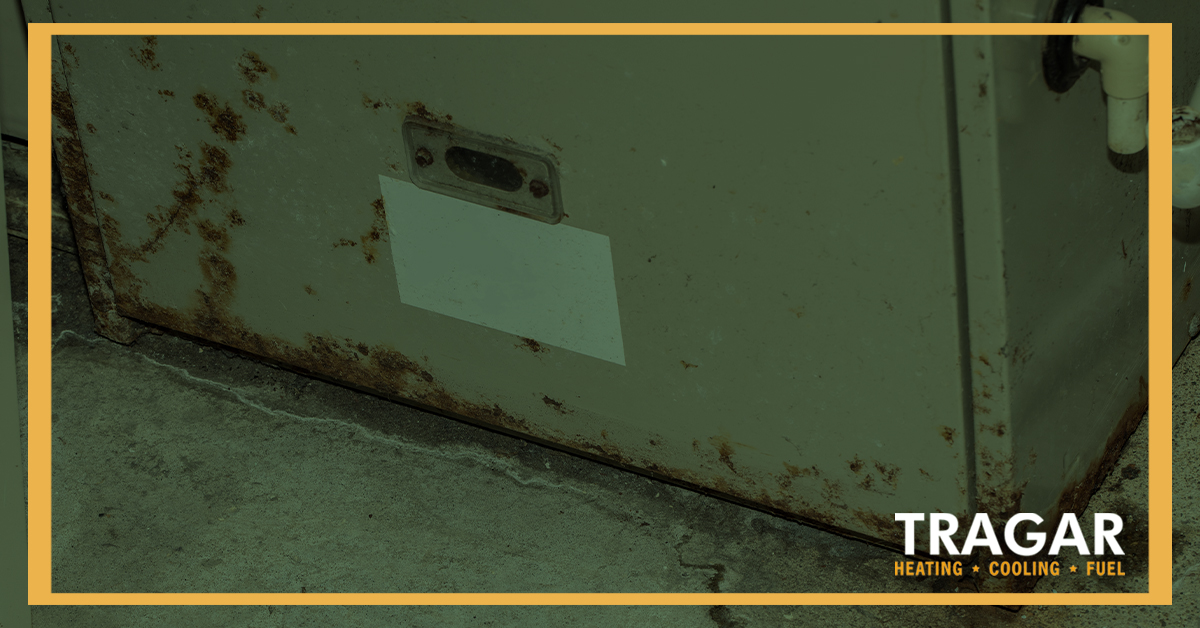 As the cold weather looms, the last thing you want on your mind is issues with your home’s heating. This is especially true if you fear that your furnace may be giving up the ghost.
As the cold weather looms, the last thing you want on your mind is issues with your home’s heating. This is especially true if you fear that your furnace may be giving up the ghost.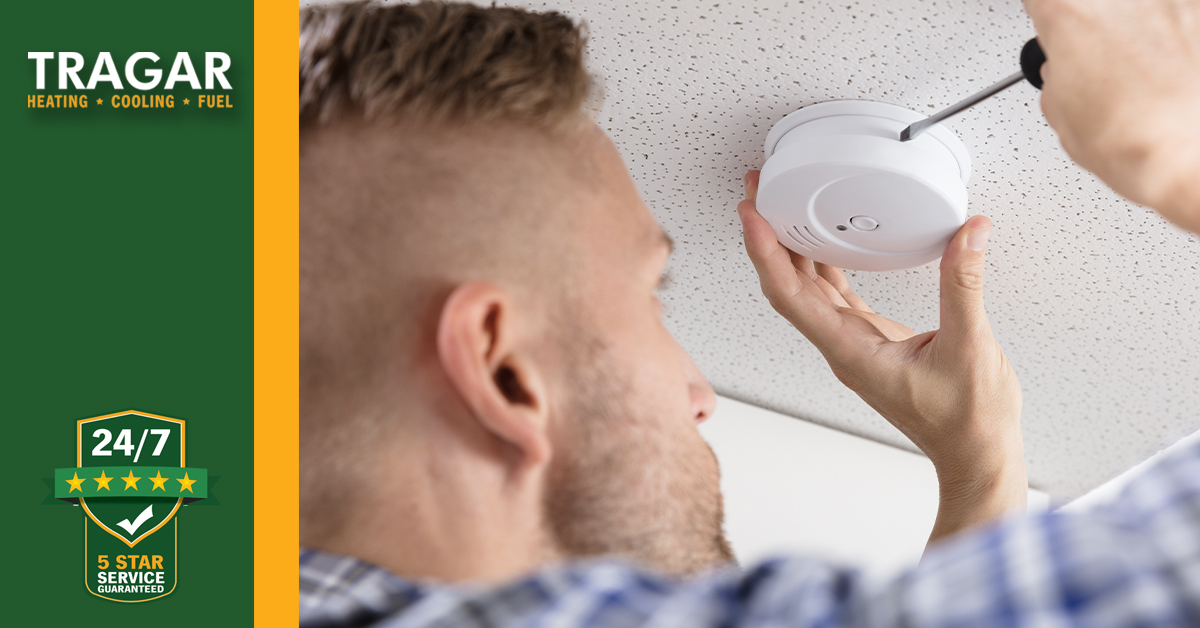 As we get closer to winter, we inevitably use more heat around the home and may be more inclined to use our ovens than in hotter times of the year. While staying comfortable and warm in our homes is important during the winter months in particular, there are potential hazards involved. One of the most dangerous of those hazards is
As we get closer to winter, we inevitably use more heat around the home and may be more inclined to use our ovens than in hotter times of the year. While staying comfortable and warm in our homes is important during the winter months in particular, there are potential hazards involved. One of the most dangerous of those hazards is 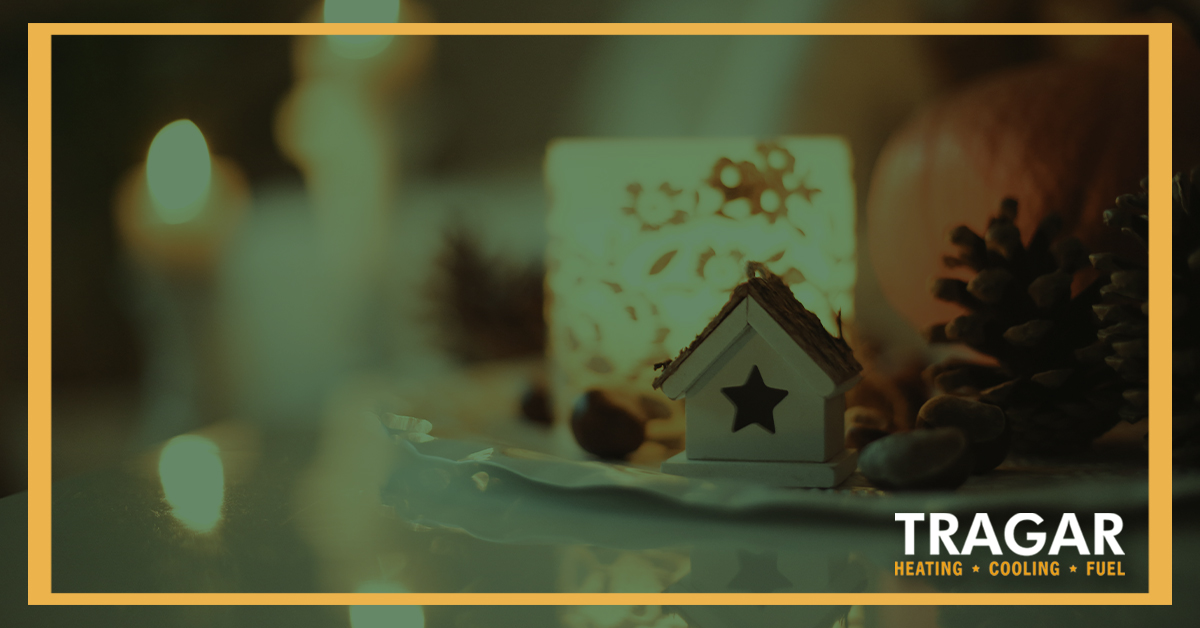 Cold weather and family gatherings loom as the holiday season approaches. As events ranging from Halloween parties to
Cold weather and family gatherings loom as the holiday season approaches. As events ranging from Halloween parties to 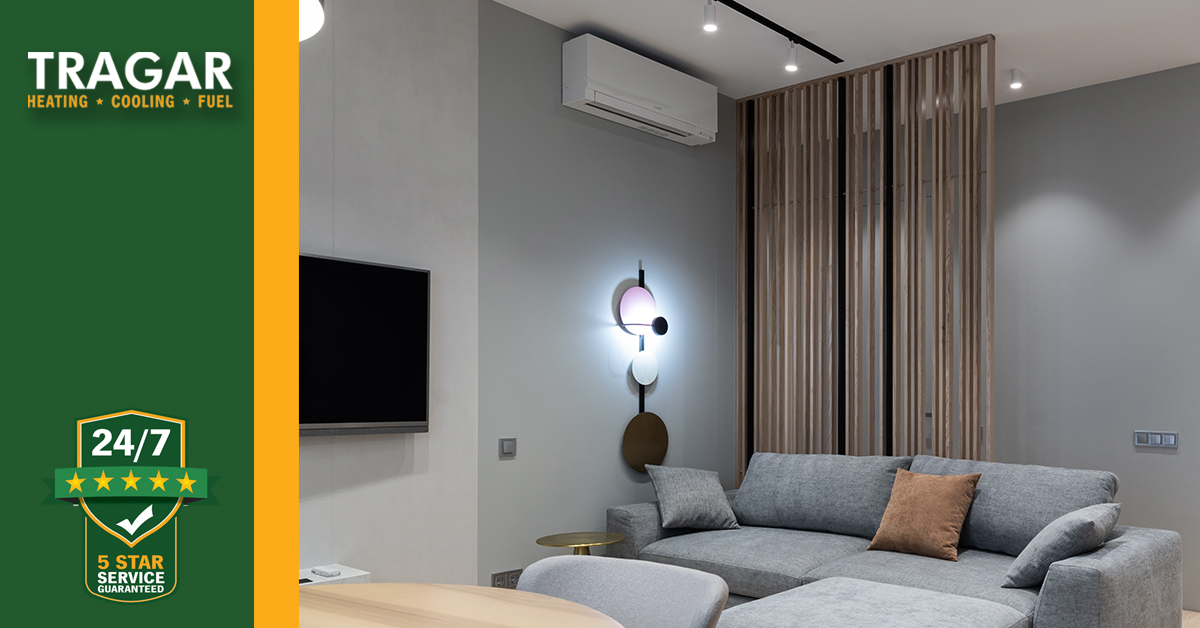
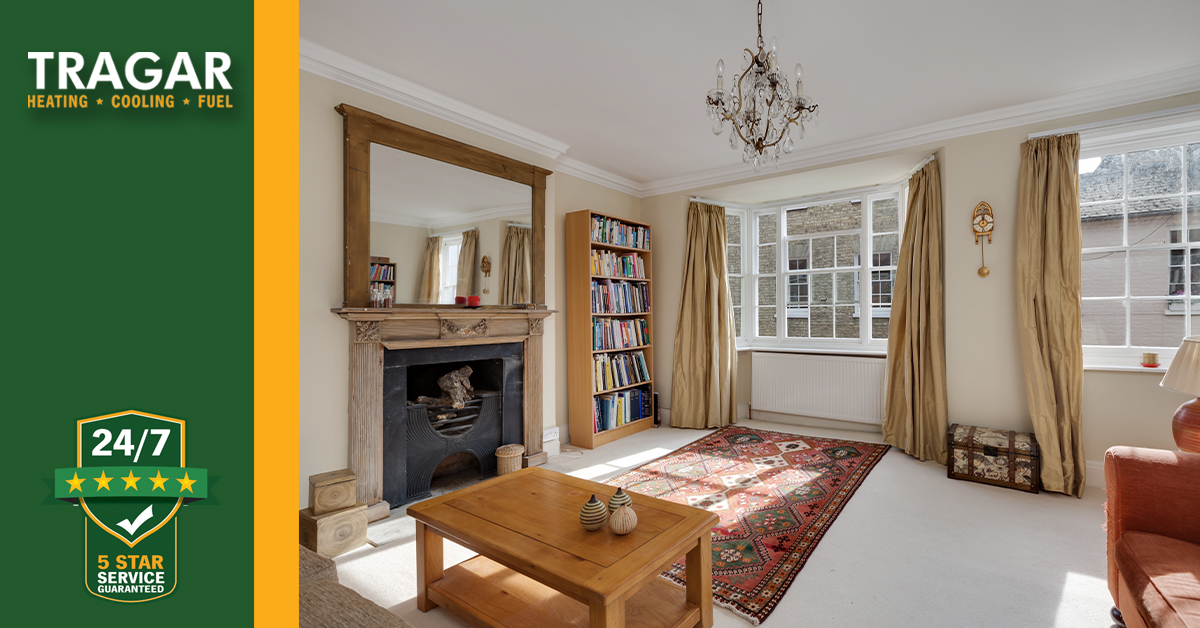 Although it seems that older houses are being knocked down on Long Island and replaced with more modern homes all the time… most Long Island residents aren’t living in newly built houses. After all, Long Island helped to start the post-war suburban boom with Levittown.
Although it seems that older houses are being knocked down on Long Island and replaced with more modern homes all the time… most Long Island residents aren’t living in newly built houses. After all, Long Island helped to start the post-war suburban boom with Levittown.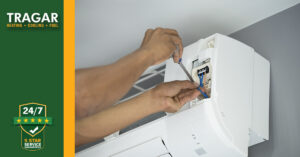 Ductless solutions for heating and cooling are gaining in popularity, especially in the NY area. One of the larger factors driving this popularity is the ongoing implementation of increasingly stringent green initiatives, including several
Ductless solutions for heating and cooling are gaining in popularity, especially in the NY area. One of the larger factors driving this popularity is the ongoing implementation of increasingly stringent green initiatives, including several 